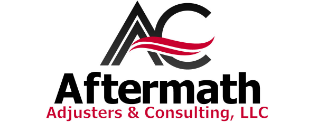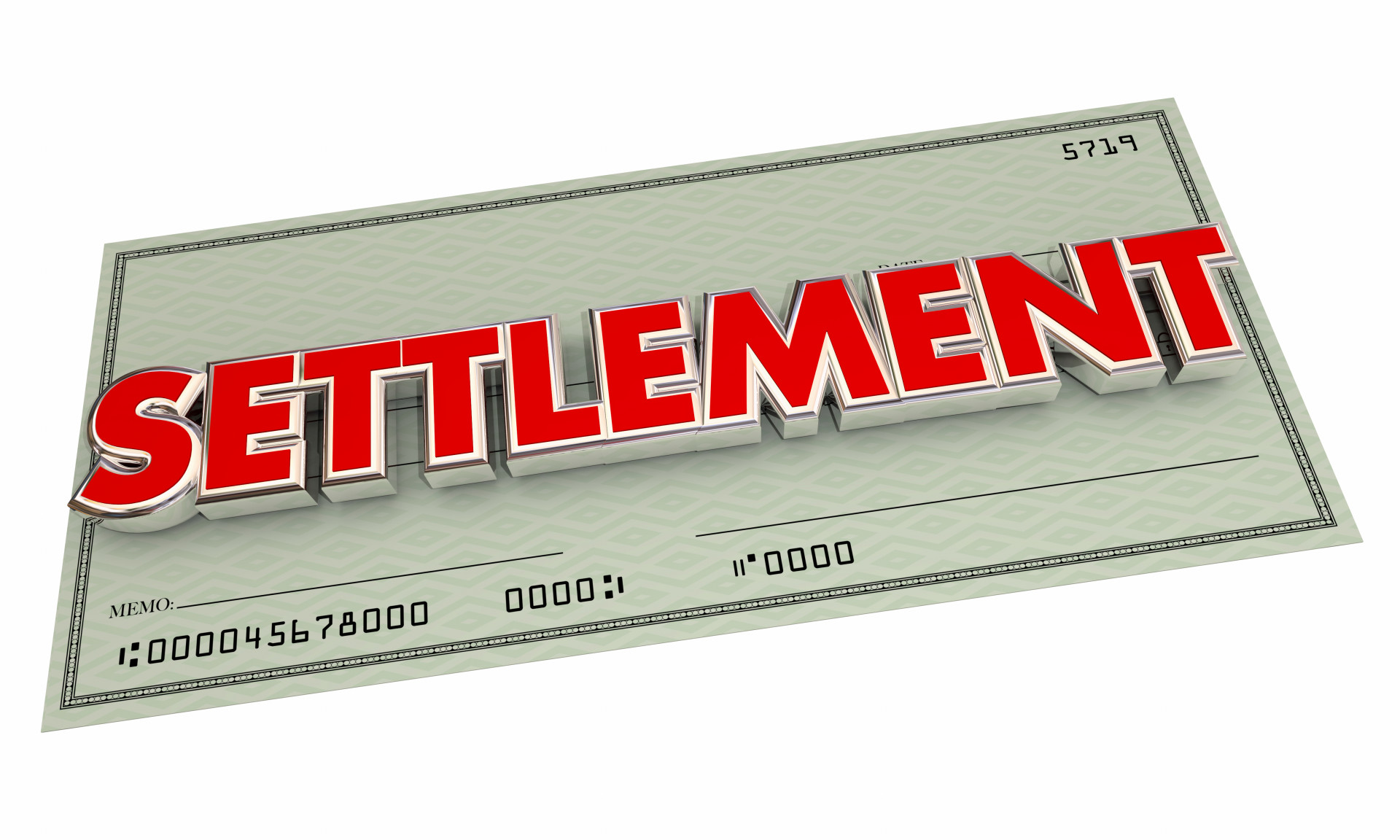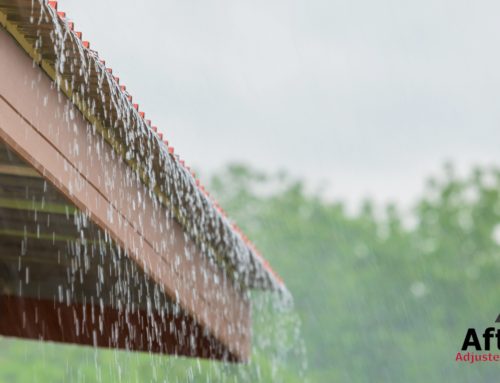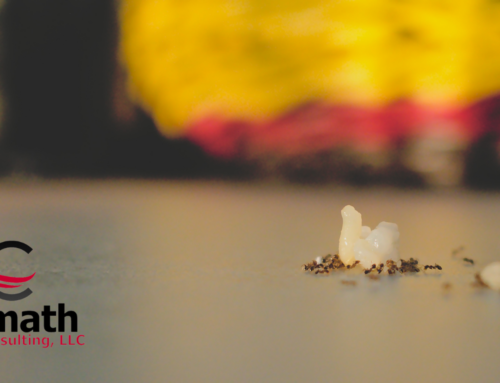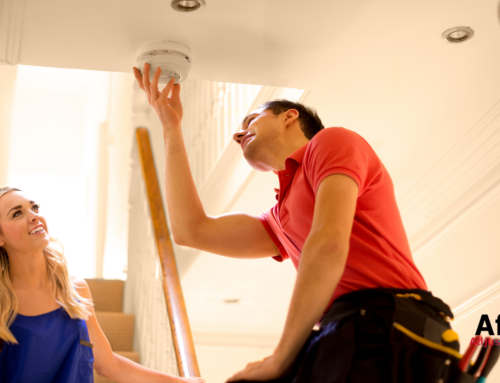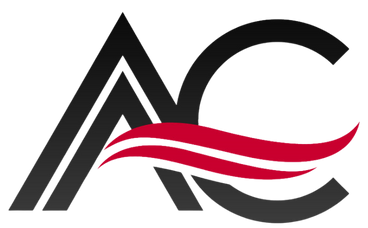Homeowners purchase insurance policies to help with expenses in case disaster strikes. However, most policyholders don’t really understand how their policy works once they file a hurricane claim. Although different insurers may do things differently, there are some things you can expect once you have filed a claim.
Initial Payment
Often, the insurer will provide an initial or undisputed payment to the policyholder. This first check is typically just a portion of the final settlement to help you get started on the repairs. Additional payments will occur at different stages in the repair process.
In some cases, you may be offered a full settlement check. This does not keep you from reporting further damages noticed later unless you sign an agreement releasing the carrier from any further obligation. You will just need to reopen the claim within the allotted time limit. Your policy will specify the timeline associated with making and reopening claims.
Multiple Checks
You may get multiple checks when filing a hurricane claim. Each policy (Homeowners, flood, and windstorm) may cover any of the following categories, typically resulting in a separate check:
- Structure of home
- Personal items
- Additional living expenses (ALE)
Your Mortgage Lender May Get Some of Your Checks
If you have a mortgage and the repairs are larger than $10,000, the checks may be made out to you and your lender. This lets your lender know that the necessary repairs are being made. Your lender will either endorse the check so you can cash it or place the money in an escrow account. If the money is put into escrow, the lender will release money as the repairs are completed. Your lender may also require an inspection of the repairs before releasing the funds.
If your home is a total loss, the settlement will first be used to pay off your mortgage balance. The rest of the money will be turned over to you to:
- Rebuild on the same lot
- Rebuild in a different location
- Purchase an existing home
- Use for another purpose
In some cases, you will not have the option to rebuild on the same lot. That will depend on state and local laws.
Payments to Contractor
In some cases repair vendors or contractors may ask that the insurance company pay them directly. You will be asked to sign a “direction to pay” form. This is a legal document, so be sure to read the form carefully. You don’t want to turn over your entire settlement to the contractors – just the amount for the repairs they make. If you don’t understand the form, talk with a public adjuster who can help you understand the form.
Once the contractor has completed the repairs, inspect the work carefully. Only when you are satisfied with the work should you instruct your insurer to release the payment to the contractor.
ALE Checks
Additional living expenses (ALE) are not repairs but expenses due to having to live outside of your home. This check will come directly to you. It should never be made to a lender or contractor.
The ALE check covers expenses such as:
- Hotel stays
- Long-term residence stays
- Car rentals
- Meals
- Any other expenses while having your home repaired
Personal Belongings
As soon as you get a homeowners policy, you should create a home inventory. This will include a list of the items and as much information as possible about the item such as cost, date of purchase, serial number, etc. When you have damaged personal belongings, you can use the information from this list to submit a claim. Even if you don’t have an inventory list, you’ll have to submit a list of damaged personal property to your insurer.
The amount you are paid for your damaged items will depend on what type of policy you have, an Actual Cash Value (ACV) Policy or a Replacement Cost Value (RCV) Policy. Actual cash value is the value of the item depreciated based on its age. Replacement cost value is the amount it will cost to replace the item. Your insurance company will need a proof of purchase that shows the item is similar in quality and size to the item lost in the hurricane.
Understanding hurricane payouts for your different policies can be confusing. Aftermath Adjusters & Consulting can help. As public adjusters, we understand the policies that affect hurricane claims and can help you receive the highest possible payouts based on your policies. If you’ve suffered hurricane damage, give us a call today at (954) 329-2456.
